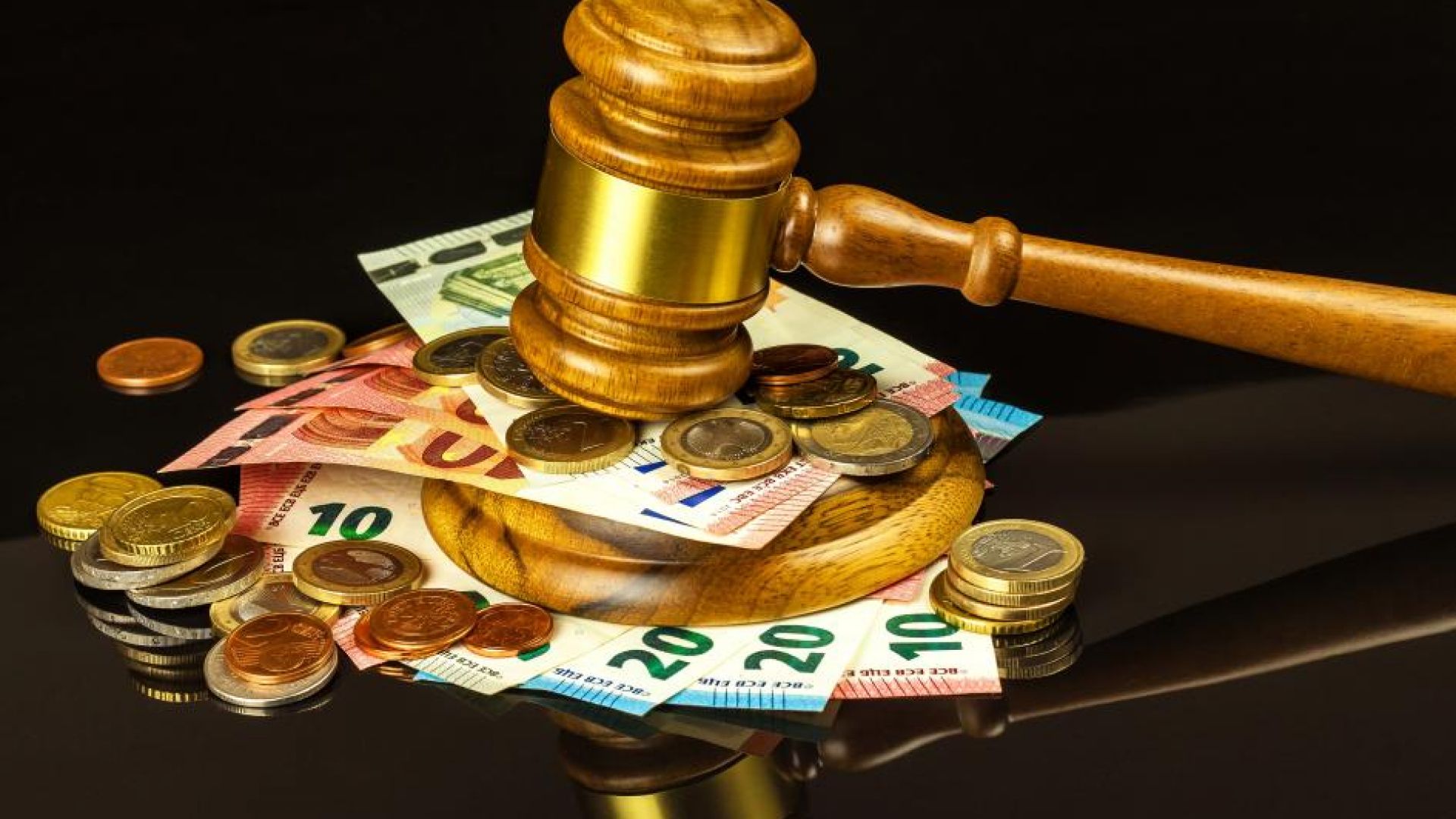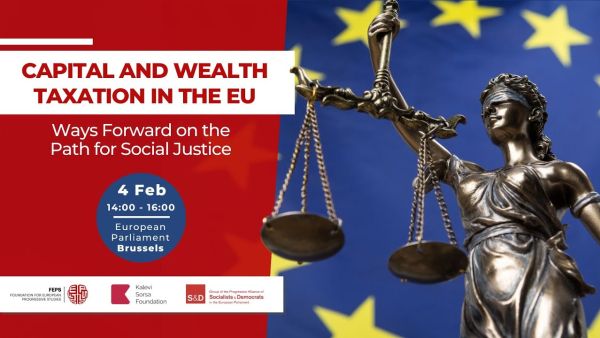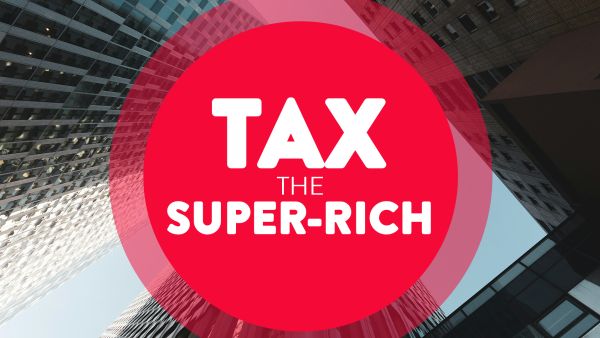LuxLeaks, SwissLeak e Panama Papers hanno rivelato un sistema fiscale guasto, nel quale le grandi società e i ricchi individui si muovono sfruttando scappatoie legali, alla ricerca dei regimi più favorevoli e occultando denaro in paradisi fiscali offshore. Queste pratiche opache stanno divaricando le disuguaglianze nelle nostre società e drenando risorse pubbliche.
Siamo stati una forza trainante per diversi organismi d’inchiesta nel Parlamento europeo. Siamo orgogliosi di poter affermare che la nuova sottocommissione in materia di fisco, che si è messa al lavoro nel settembre 2020, farà sia da cane da guardia, sia da punto d’incontro e confronto per le persone per una vera giustizia fiscale.
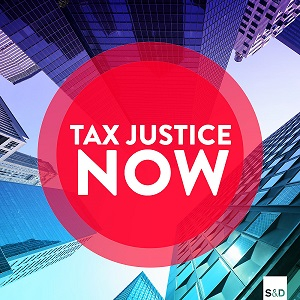

Ci batteremo per la giustizia fiscale facendo sì che i protagonisti della bolla finanziaria paghino il proprio giusto contributo, attraverso una tassa sulle transazioni finanziarie (FTT) e che i grandi inquinatori paghino delle tasse ecologiche.
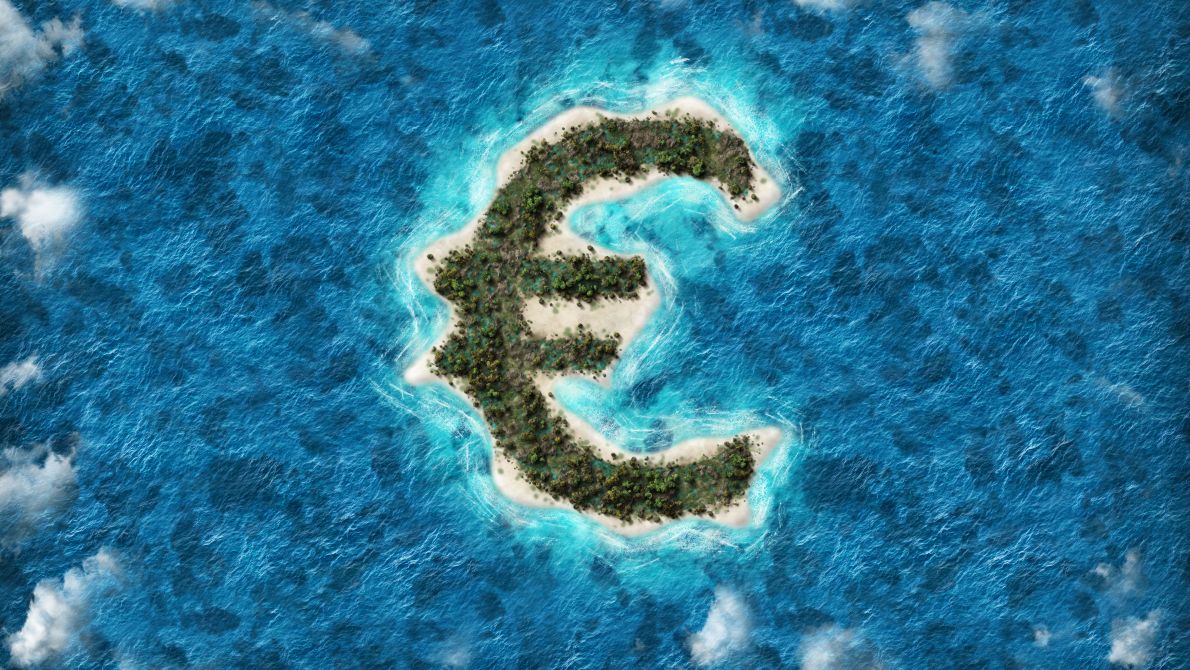
Contrasteremo l’evasione, l’elusione fiscale e la concorrenza sleale portando avanti la causa di un’aliquota minima d’imposta effettiva del 18%, una riforma della lista Ue dei paradisi fiscali e delle politiche sulle pratiche dannose, e accogliendo la sfida per un’imposta equa per il digitale.

Ci assicureremo che il sistema fiscale europeo sia pronto ad affrontare il futuro, esplorando strade alternative alla tassazione del lavoro e sviluppando sistemi fiscali che promuovano l’uguaglianza di genere e un approccio giusto alla tassazione dei grandi patrimoni (compresa una tassa a livello europeo sui patrimoni), e combattendo le disuguaglianze crescenti dei redditi e della ricchezza attraverso forme d’imposizione fiscale progressive.

At the beginning of the mandate, the European Commission announced plans to reform the tax framework for the financial sector. In the absence of an agreement on the financial transaction tax, and in view of the extraordinary profits that the sector has generated in recent years – largely due to interest rates policies – it is crucial to find solutions that will ensure a fair contribution from the financial sector.

The current rules still exhibit significant inconsistencies, such as the fact that airlines are exempt from taxes on kerosene, while workers face additional taxes on their daily commutes. We must hold major polluters, like the maritime and aviation sectors, accountable and ensure they contribute their fair share. At the same time, we must ensure the support needed to boost ecological transport options.
The S&Ds will keep pushing for the reform of the Energy Taxation Directive to align energy product taxation with sustainability goals, promote clean technologies and eliminate outdated exemptions and reduced rates that currently incentivise the use of fossil fuels.
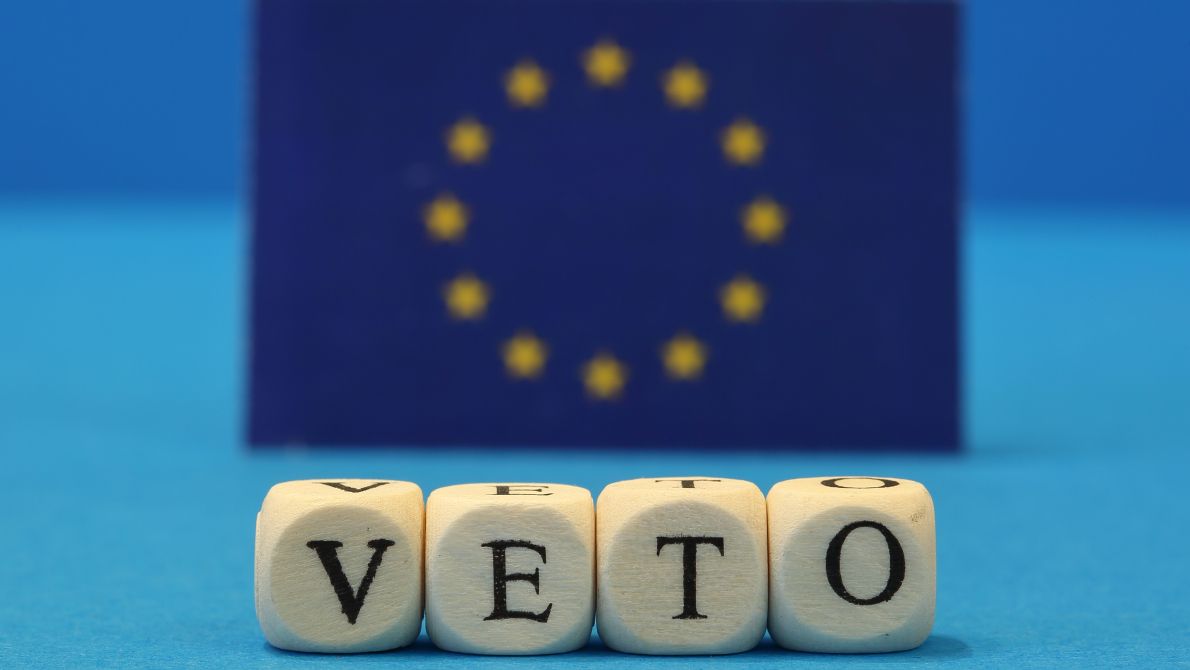
We will continue to advocate for a high-level commitment to reform the way the EU makes tax decisions. There should be no room for national tax vetoes, such as those blocking efforts to address EU tax havens.
Despite the EU having an open market, the EU Treaties require EU finance ministers to decide unanimously on tax reforms at European level. This means that any single country, including EU tax havens, can block vital tax reforms – and they have done so in the past.
To make meaningful progress on tax justice at EU level, we must shift to qualified majority voting on certain tax-related issues. The European Commission should propose a clear roadmap to achieve this reform.

